Sustainability and business have been frenemies for some time. Still, while many companies are pretending to be sustainable, others are working in a more sincerely ‘circular’ way. It’s a far better way to do business.
But what does ‘circularity’ even mean?
The circular economy, or circularity, is an economic model that follows the three Rs: Reduce, Reuse and Recycle. It’s a concept that turns the more common linear economy of Take, Make and Dump, on its head.
The circular economy aims to retain the lifespan of products through repair and maintenance, reusing, remanufacturing, or upcycling. To sum it up, circularity is about maintaining value and not creating waste in the process.
But why should more businesses invest in circularity?
Every year we create about 2.12 billion tonnes of waste, which is abetted by the fact that 99% of the stuff we buy each year is thrown out within 6 months. In this year alone it is estimated we have already dumped over 10 million tonnes of plastic into the ocean. If more businesses adopted a circular business model then this absurd amount of waste could be reduced. And it is not just the environment that will benefit from a shift to circularity, people will too. By changing to a circular economy we could see a net gain of 18 million jobs worldwide, according to the ILO, and for every tonne of solid waste recycled, $101 in salaries could be gained rather than topping-up landfill.
If more people supported circular businesses, then we could start to see our struggling planet in better shape. But enough with the doom and gloom. Who is doing circularity well? Which businesses can you support that embrace circular sustainable practices? Here are four great examples:
The Swapshop
- Founded: 2018
- Product: Swapped clothes
- Website: https://www.the-swapshop.com/
- Instagram: https://www.instagram.com/theswapshop_nl/
Thrift shops are common but what The Swapshop does adds a unique twist. It’s basically a permanent clothing swap store. Their business model runs solely on clothing items directly handed in by their customers, who receive points (they call them ‘swaps’) which are redeemed into discounts for clothes. The amount of points/swaps you get per item depends on its quality, brand, condition, and a few other factors.
The Swapshop gets that there’s a huge pile of non-swappable clothing as well, and that problem needs to be addressed too. They’ve created their first circular product, a laptop case, made from 70% recycled cotton and 30% BCI cotton. Based on this experiment, they’ll launch more circular products made from their own textile surplus starting 2024.
Day Owl
- Founded: 2011
- Product: Backpacks & Bags
- Website: https://www.dayowl.com/
- Instagram: https://www.instagram.com/hellodayowls/
A company that takes circularity in its stride, Day Owl produces backpacks and bags that are made from 100% recycled materials. To do this, they take plastic bottles from the polluted streets and canals of Honduras and Haiti, following an augmented four Rs respect, reduce, reuse and recycle ethos. They’ve also started a second hand marketplace where ‘every bag counts’, to make sure their bags don’t end up in landfill mounds.
This Pittsburgh based company is also B Corp Certified. What on earth does that mean? See one of our earlier blog posts to learn more about B Corp certification.
Hylo Athletics
- Founded: 2019
- Product: Running shoes
- Website: https://hyloathletics.com/
- Instagram: https://www.instagram.com/hyloathletics/
Hylo Athletics is a brand for athletes and they use materials science to create low-impact, high performance shoes. They use plant-based, renewable, and bio-based materials like corn, natural rubber, algae, cotton, and other plant matter for the bulk of their shoes. Like Day Owl, they’re also B Corp certified.
They have a strong focus on circularity – they aim to extend each product’s life, and on disposal prevent shoes from going to landfill. To do that, they encourage care and repair, promote re-selling when shoes are no longer desired, and offer a take-back scheme in exchange for store credit when shoes are no longer wearable. Once the shoes are returned, Hylo will either recycle the components or biodegrade them if they’re no longer fit for use. Hylo even offers the possibility for people to send non-Hylo trainers to them for recycling. It’s refreshing to see that kind of unselfishness from a brand.
Levi’s
- Founded: 1853
- Product: Denim
- Website: https://www.levi.com/
- Instagram: https://www.instagram.com/levis/
As one of the most well-known denim brands in the world, Levi’s has taken the lead from Scandinavian denim circularity leaders Nudie Jeans (more about this fantastic brand here), to strive towards a more circular way of doing business. Their goal is to create products that are used for longer, made to be made again, and made from recycled or renewable inputs. You could say their jeans are designed for not just the next wear but the next owner.
Levi’s is known for the quality and longevity of its jeans, which contributes to sustainability, and some circularity has now been added to that approach with in-store tailor shops. In these shops, which are located worldwide, your old denims can be repaired, recycled, or even transformed into a new product – say a wallet or a pair of denim shorts. It’s a way to provide wearers with the services they need to get more from their jeans and not default to binning or buying new.
Not only are there heaps of other small, emerging brands who have implemented circularity into the core of their business models, but there are many leading brands like Levi’s that are moving towards circularity. Adidas, for example, plans to use 100% recycled polyester in all products by 2024. This is to add to their existing partnerships with sustainability leaders Allbirds and Parley for the Oceans, to drive recycled product and material innovation.
It is encouraging to see such a variety of established brands moving away from the wasteful linear way of working that has dominated business for so long. But always take grandiose ‘green’ claims with a pinch of salt, as there may be some sly greenwashing at work – especially with bigger brands (here’s another blog post about that pernicious approach to going green and how to spot it).
How can brands effectively enter the circular economy?
The circular economy is about closing the loop. It’s about creating a cycle that reduces the demand on resources and energy, recirculates them, and recovers value from waste. It can involve the use of biological materials that are biodegradable, like bamboo, or technical materials that need to go through some kind of process in order to be reused, like plastic.
Here are a few basic guidelines to follow when reconsidering your business model from linear to circular:
- Have a look at your ecosystem. Who is involved in your company at every stage of production, and what are their roles? What are your business’s processes, from raw material to end-of-life for the product?
- Map your customer journey. This will help you identify where your business is producing waste, pinpointing where a problem might need to to be solved.
- Conduct interviews and research. Get in touch with your audience. Dive deeper into possible struggles at the customer end but also the impacts of the current linear processes, and any other issues.
- Identify pain points. What are the relevant problems that need to be solved? Where is there circularity missing, what is the impact of this on the environment and people, and what is your audience struggling with in regards to your linear model?
- Prototype a solution, test it, and iterate it. As with any new product or service entering a business, it needs to be tested and iterated before being rolled out.
And remember that introducing one or two circular solutions to your business model is a start but not the end goal if majority of your business still relies on linearity.
Everyday circularity for everyday people
Buying from brands who are embracing circular business models is not the only way to support circularity. The basic principles of circularity; reduce, reuse and recycle, can be done by anyone.
A good mantra to go by is buy better and buy less. And remember, waste extends beyond material items too. Food waste is another one of the greatest issues we face today and simple actions like composting your food scraps can make a difference. So, give being a bit more circular and less wasteful a try. If more people get going then it’s a good way to turn the micro into the macro and start seeing wider change.
If you need some support from a sustainable marketing agency to build a more sustainability strategy for your brand, get in touch with Akepa.

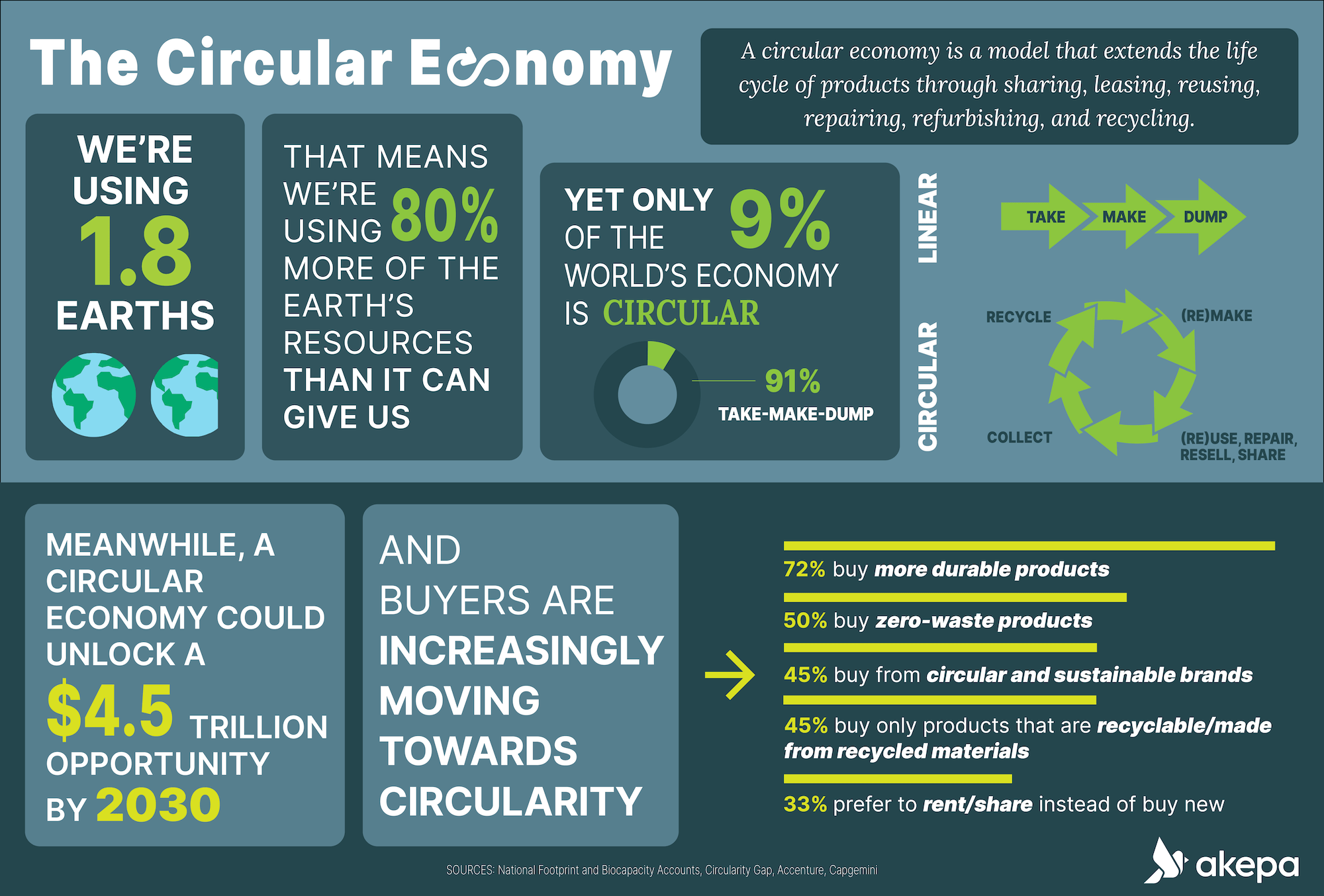
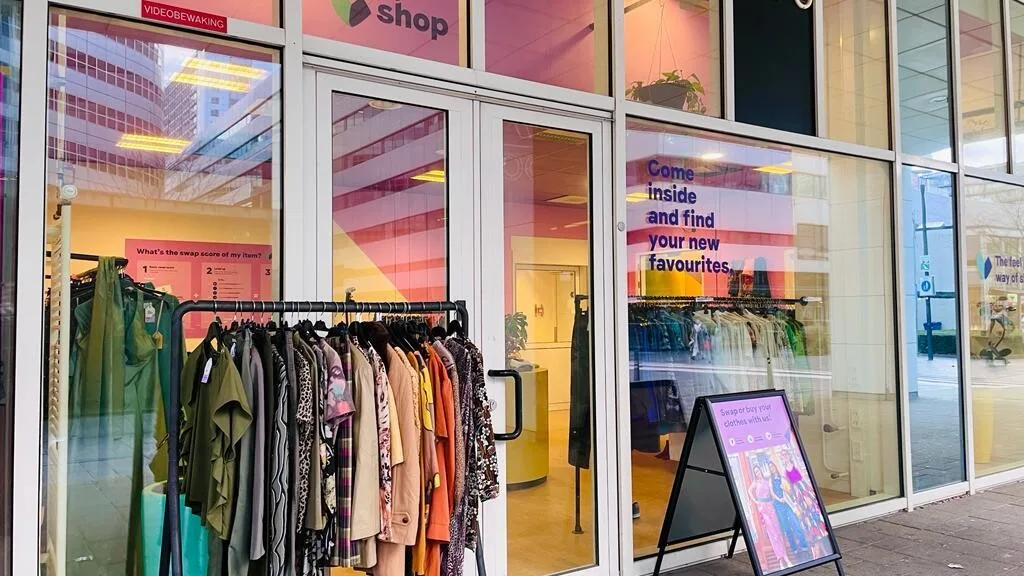
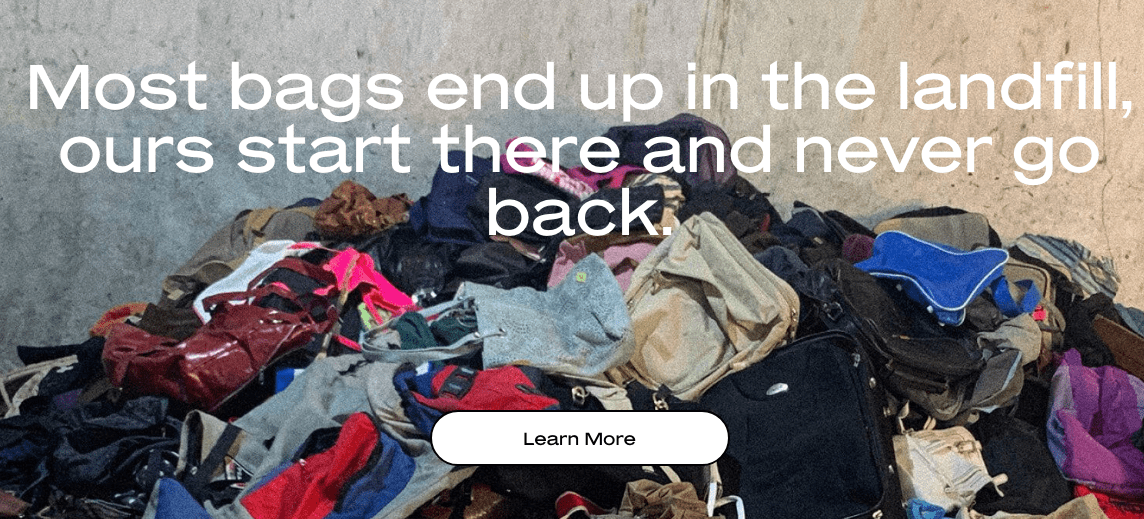
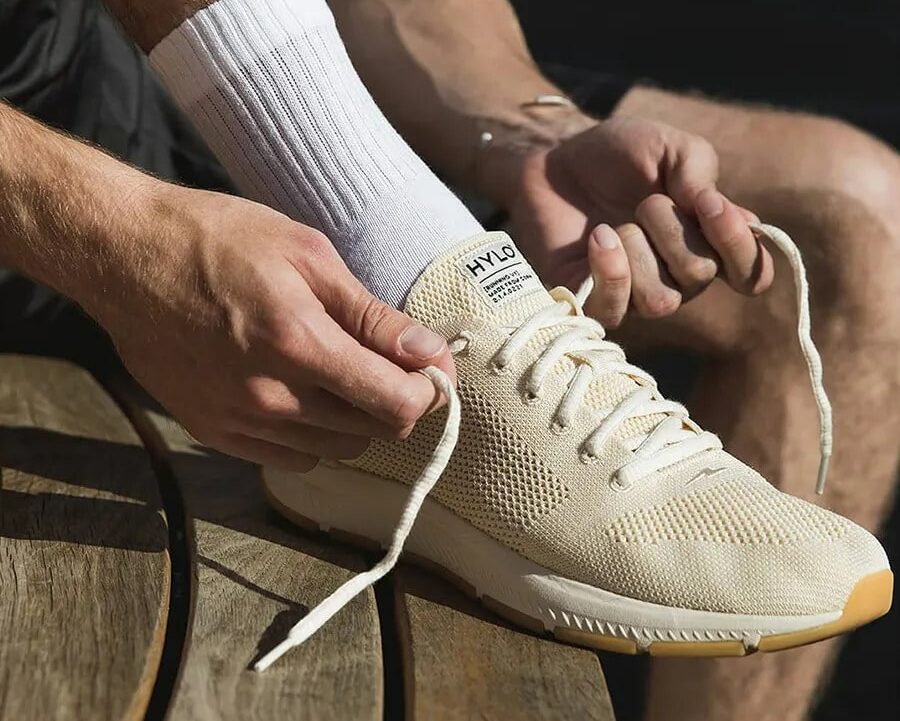
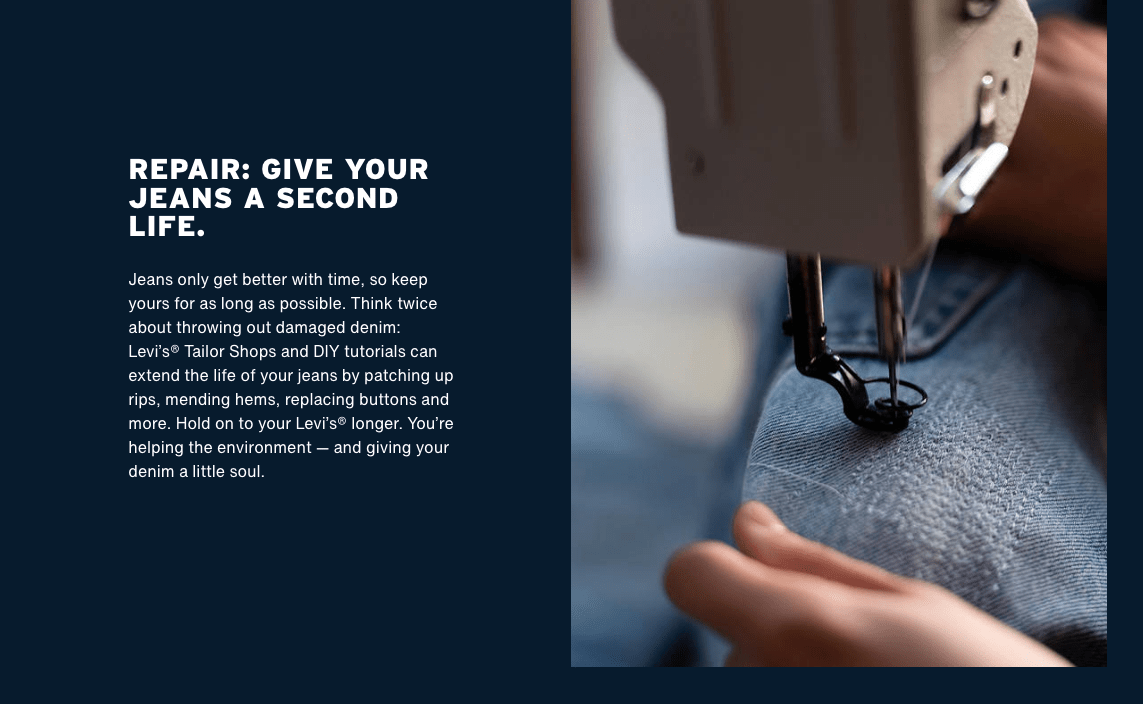


Leave a Reply